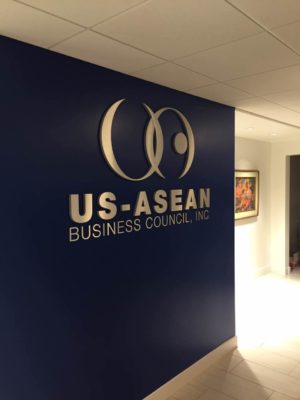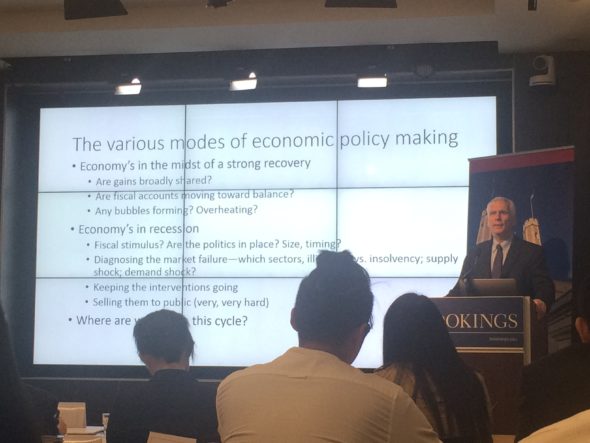As President Trump plans to slap steep tariffs on $300 billion in Chinese imports, a uniquely American tradition could come under fire: Fourth of July fireworks.

John Horn, a WashU Olin international trade expert, predicts fireworks will light the skies next month because cities and towns placed their orders months ago. But the next Fourth?
“The skies could be empty,” Horn said. That is, if the proposed tariffs are imposed and continue into 2020. China’s likely strategy will be to use fireworks as a “political toy” heading into the election season, Horn says.
How? By completely banning sales of fireworks to the United States, he says.
Horn is a professor of practice in economics who helps companies develop competitive strategies and who leads war game workshops.
The United States hasn’t yet imposed tariffs on fireworks, but fireworks are on a long list of products facing a 25 percent penalty if China doesn’t make a broader trade agreement with the White House soon.
An uproar before the election
To retaliate over US-imposed tariffs, Chinese President Xi Jinping could ban shipments of fireworks to the United States next year to create an uproar before the presidential election, Horn says.
“I wouldn’t be surprised. ‘Oh, you know what? We’re having a shortage of the necessary chemicals, and we need it for other purposes, and we just can’t export it to the United States this year,’” Horn said. “It’s sort of like [Xi] has threatened with rare-earth metals.”
Manufacturers use those metals as components in smartphones, cameras, flat-screen TVs and a lot of other things, including defense technologies. China dominates the world as the metals’ supplier.
China is the dominant maker of fireworks, too. Last year, the United States imported 277 million pounds of fireworks from China, representing 99 percent of backyard fireworks and 75 percent of professional display fireworks, according to the American Pyrotechnics Association.
Julie Heckman, APA executive director, plans to testify today before US Trade Representative Robert Lighthizer and to request an exclusion for fireworks from the tariffs.
Trying to ‘make people feel threatened’
If the United States excludes fireworks from tariffs, China might mess with the fireworks supply anyway to mess with the US, Horn says.
“I think what China’s trying to do is to make people feel threatened,” he said.
The number of US products on which China could slap tariffs is relatively low compared with the harm US tariffs on Chinese goods can do to China, Horn says. So Chinese officials are targeting what could upset tech companies, farmers and all Americans.
“If you can’t have your iPhone and you can’t sell your crops, that’s going to be significant.”
And if you can’t have your Fourth of July fireworks …
“I can see fireworks being a really big one,” Horn said. “It’s Americana.”






